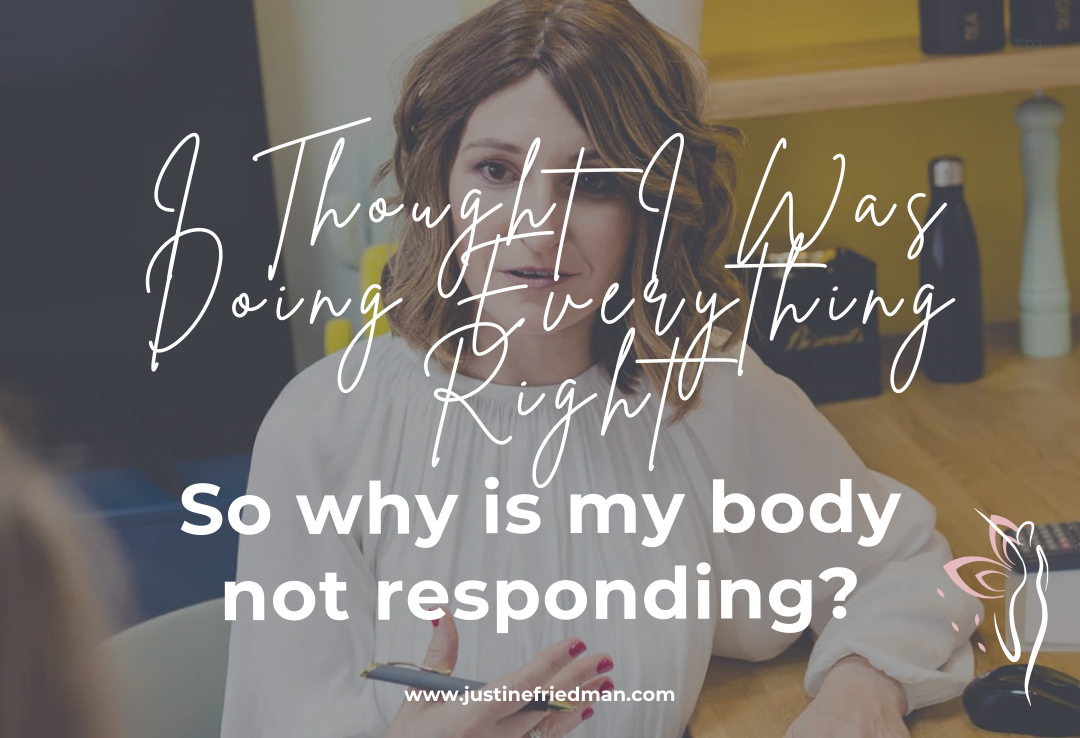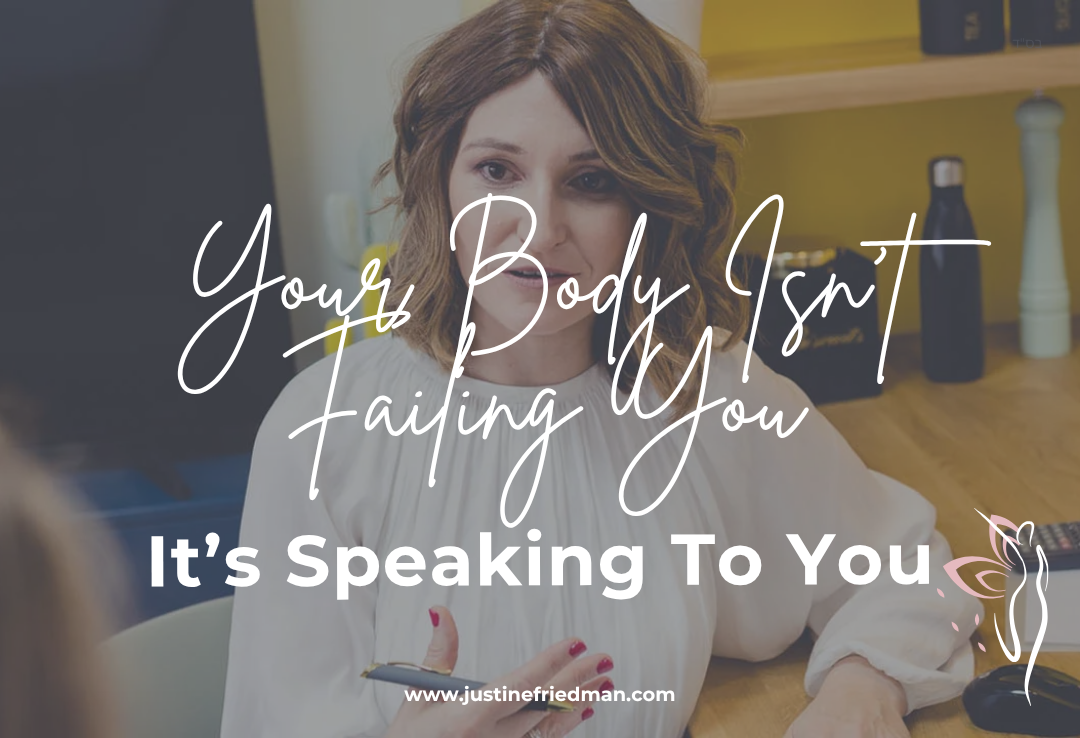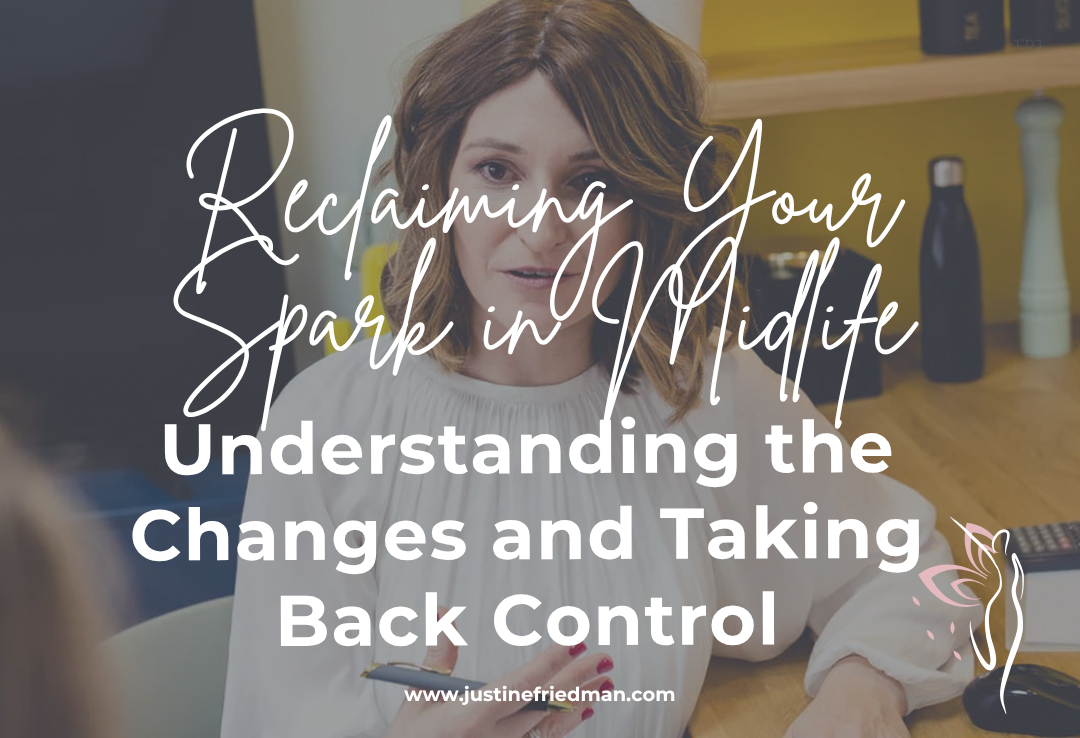Overwhelmed with dieting? Consider this…
Why do we, as women, choose to diet? Why has this become the answer when we don’t like how we look, don’t feel comfortable in our bodies, feel fat, think we will be happier at a lower weight, or want to feel in control of our eating?
Let’s get real... has dieting and restricting your food intake ever REALLY helped you to achieve all of this and prevent you from having the thoughts or feelings again of body dissatisfaction, discomfort, lack of control, and unhappiness?
Has dieting created for you a safe space to love your body, always have good energy, always be in a good mood, and eat without fear of weight gain?
I guess the majority of you, if you are really honest with yourselves, are admitting that this is not the case, and here is why….
- Dieting makes us believe that we have to eat a prescribed amount of food daily and no more to achieve a weight loss goal.
- The amount of calories generally prescribed is less than what your body needs for health and vitality in the long term.
- Restrictive diets may leave out whole food groups. This can cause nutrient deficiencies, irritability, and changes to the balance of hormone levels in your body. This can also cause low energy and susceptibility to infection and illness.
- Dieting relies on WILLPOWER and MOTIVATION which generally run out when you are stressed or dealing with an average day in your life.
- Dieting limits your social interactions. If you are eating a meal out at a restaurant or at friends or family, the composition of the meal is different from how you would prepare it at home. This can lead to avoiding social situations (which is hard to do in the long term), make you feel miserable while you are out, or feel so out of control that you overeat and feel that you have blown the diet.
- Dieting increases feelings of guilt and shame when you are unable to stick to the prescribed foods or portion sizes.
- Not being able to stick to a diet can trigger overeating or binging, negative self-talk which takes you full circle.
- If you do manage to stick to a diet and lose the weight and feel great, it is likely that you have lost muscle mass which lowers your metabolism, and if you slip back into old habits and don’t stick as closely to the diet outline, you will gain back the weight you lost (and often a whole lot more) taking you back to square one.
Holistic nutrition, on the other hand, is not prescriptive and includes all foods.
- It is a way of working with your body to nourish it with a wide variety of foods that will support your unique dietary and lifestyle needs.
- It allows for you to eat foods that on a diet may be seen as forbidden, but in a way that is not from loss of control or due to a lack of willpower.
- This approach does not promote calorie counting or elimination of whole food groups. Rather it allows you to gauge what your body is needing.
- A holistic approach is something you can implement long term compared to a diet which most people set their minds to do for a set amount of time.
- Holistic nutrition incorporates the whole of you.
- It takes time to build habits that can support this lifestyle but the progress you make is worth the investment.
- You will feel empowered and in control of your food choices because they are coming from a place of self-care.
- It allows you to make peace with food, heal limiting beliefs you may hold about yourself and food, and opens you up to embracing your special gifts and talents so that you can show up in the world and have an impact that is unique.
I know that diets can still be so appealing with all the promises they make and the ingrained beliefs you may have.
But breaking the cycle of thinking diets are the answer and stepping over to a holistic approach will give you everything you are looking for and more.
No more guilt, no more shame, no more feeling out of control, no more overeating, no more restriction, no more self-sabotage.
Are you curious to give it a try?
Get in touch and chat about what this could look like for you here





